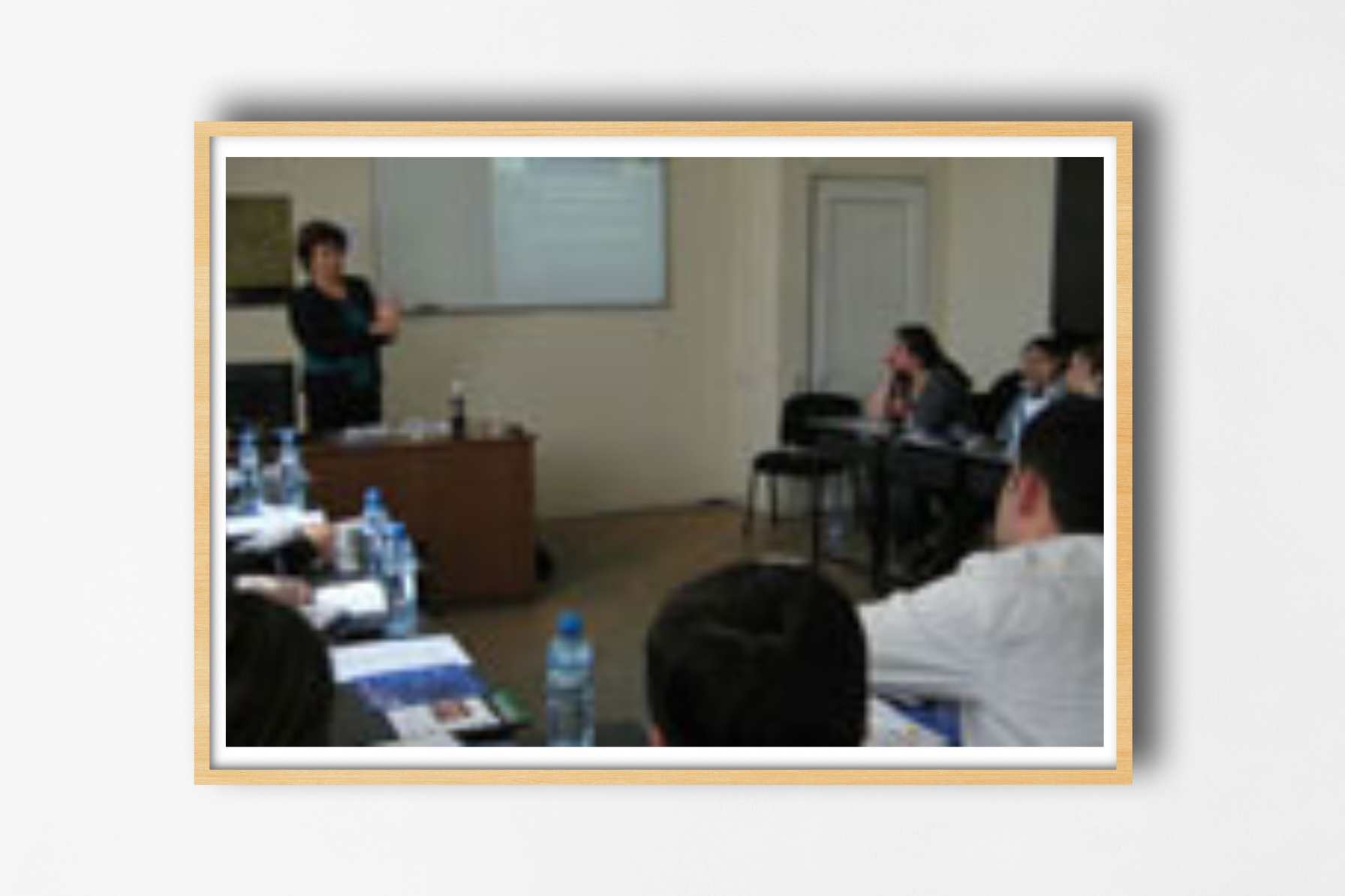To ensure the progress of development of local self-government in Georgia and Bulgaria decisions and new laws must be turned into reality, because reforms don’t only remain de jure changes but also produce de facto changes.
This should be the goal of the reform process initiated in the two countries and strongly supported by the European institutions, the Congress of Local and Regional Authorities in the head, as shown during the seminar held by ALDA, the Association of Local Democracy Agencies, on April 19 in Tbilisi, Georgia.
The seminar on “strengthening good governance and citizen participation at the local level” was supported by the Congress of Local and Regional Authorities, and organised in cooperation with the National Association of Local Authorities in Georgia (NALAG) and the Georgian Institute of Public Affairs (GIPA).
The meeting took place at the Local Governance centre of the Georgian Institute of Public Affairs, with the participation of students of Local Governance and the head of the centre Mrs. Liza Soptomadze. During the seminar Dr. Ginka Tchavdarova, Executive Director of the National Association of Municipalities in Bulgaria spoke about local self-government in Bulgaria, examples of citizen participation at the local level in Bulgaria and other European countries as well as the Charter of Local Self-government and how it has been implemented in Bulgaria and discussed the implementation of the Charter in Georgia with the participants.
Ms. Tatiana Bokuchava from NALAG and secretary to the Georgian Delegation to the Congress of Council of Europe also participated in the seminar and spoke about NALAG’s work in the Council of Europe and NALAG’s cooperation with ALDA.
During the seminar there were active discussions with the participants regarding the progress of development of local self-government in Georgia and Bulgaria and the challenges to turn decisions and new laws into reality so reforms don’t only remain de jure changes but also produce de facto changes. Dr. Ginka Tchavdarova explained that Bulgaria has been successful in developing strategies for decentralisation, but that often the implementation of these strategies unfortunately has been less successful. The Code of Good Practice for Civil Participation and information about the Congress of Local and Regional Authorities were also discussed and distributed to the participants.
The challenges of how mobilise citizens to take responsibility and be active at the local level on issues that are concerning their own lives and the situation in their communities were also discussed. The idea of youth parliaments that have been used in Bulgaria was mentioned as an idea to activate youth at the local level in Georgia and a there was a discussion of how the participants themselves could become more active citizens.
